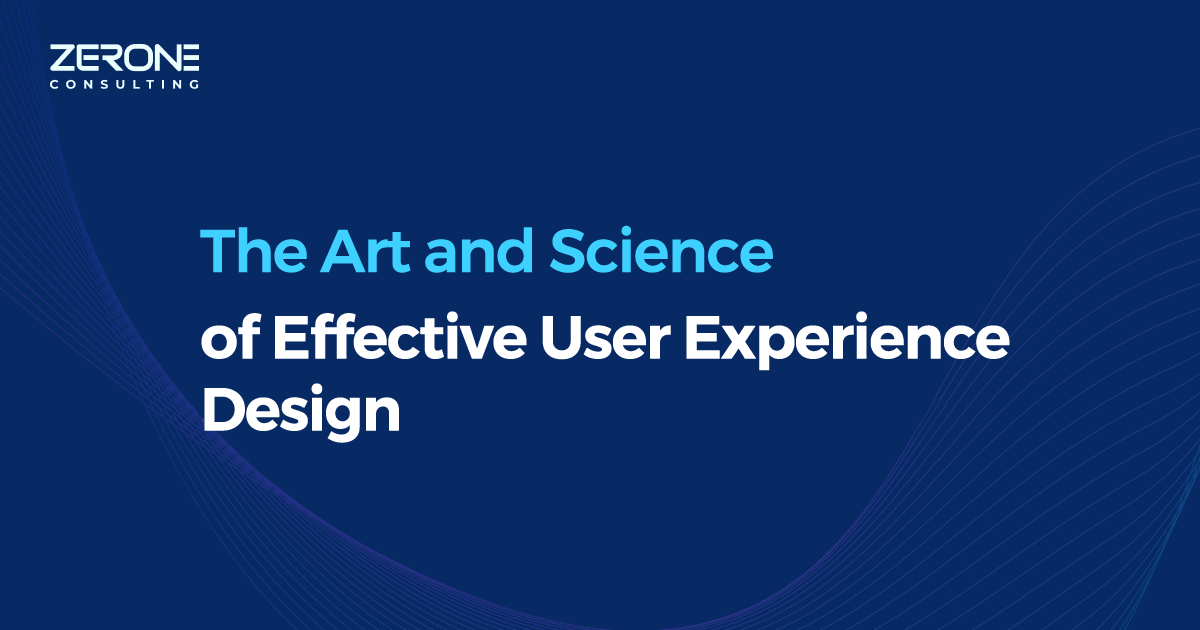Open Source-Driven Democratization Accelerates the Growth of Machine Learning
When Google open sourced its machine learning platform DeepMind Lab in 2016, many software experts objected the tech giant’s decision to expose its software to external developers. Warnings came from many key people including Dr. Stephen Hawking and Elon Musk.
Google’s decision to open source was part of a huge movement to advance the capabilities of machine learning. Later, many tech leaders followed the trail including Facebook which open sourced its deep learning software (PyTorch) and Elon Musk’s OpenAI which launched an open software platform called Universe to train AI systems.
Today, many industry leaders like Microsoft, IBM, and Amazon are making their platforms accessible to the public. How democratization is influencing the adoption and growth of machine learning?
Machine learning has always been open source
Take a closer look at the above examples and you will understand that open R&D is fundamental for the growth of any technology; and machine learning has always been open source.
By making its software accessible to developers outside, Google is striving to authenticate its consciousness towards AI research for the benefit of humankind. Open sourcing helps discover fresh talents and offers new channels for aspiring startups to join Google’s efforts in accelerating the growth of machine learning.
One of the key challenges with ML research is the dearth of training environments and open source allows you to overcome this. For example, developers can access DeepMind Lab or Open AI’s Universe for training the AI systems.
Open source benefits machine learning projects
Open source leads to greater efficiency and innovation among developers. Sid Sijbrandij, CEO of GitLab explains, “By harnessing the power of the crowd, open source software allows developers to benefit from accelerated innovation, quicker development processes and having more success troubleshooting when problems arise.”
Besides individual developers, open source has become foundational to organizations of all shapes and sizes as it makes way for companies to quickly adopt technologies.
Here are a few advantages of open source in machine learning endeavors:
-
Allows developers and researchers to reuse components/ methods /resources to promote scientific development at low-cost
-
Easy to identify bugs in the software and resolve them quickly
-
Encourages conversations and discussions that can lead to innovations
-
Opportunities to conduct research using publicly available source code without depending on a vendor
-
Scope for reproducing scientific results and make fair comparison of algorithms
-
Free and easy availability of high-quality open source implementations that persuades many companies to adopt machine learning
-
Serves as a medium for anyone to pursue their research at any point of time as they can release their codes under an open source license
-
Offers long-term availability and support
Democratization minimizes adoption curve
In the past two years, several studies were carried out to identify how AI/ML can be brought to the masses in a user-friendly form. To everyone’s delight, recent years have seen some pretty interesting use cases.
Apple’s photo-editing app Prisma uses neural networks and AI to give artistic effects to images. You just need to be creative in picking up a style that you want to apply to your photograph, that’s all.
China’s leading search engine Baidu’s food delivery service Waimai uses artificial intelligence to predict how long it takes an order to be delivered to the customer, while Facebook uses the technology to identify faces in the images that you upload to Facebook. Google uses deep neural networks extensively in its language processing researches.
All these use cases prove that the availability of open source software is changing the way businesses develop AI. It brings more transparency into their research efforts. AI should work for everyone- not just for the tech giants- and the shift towards open source will accelerate machine learning’s adoption by numerous developers and startups.
Apart from the availability of open source deep learning software frameworks, access to the following components also contributes to the democratization of machine learning:
-
highly scalable computing platforms (such as Amazon Web Services, Google Cloud Platform, Microsoft Azure etc.)
-
specialized hardware custom built for ML tasks (such as Google’s Tensor Processing Unit and NVIDIA’s DGX-1)
-
development of simple drag-and-drop frameworks (such as simple graphical UIs offered by Microsoft Azure ML Studio)
-
marketplaces for ML algorithms and datasets (such as Dataiku, AlphaSense or Algorithmia)
Implications of democratizing machine learning
In the late 1990s, the web development arena was dominated by a few specialists/ firms who had access to plenty of resources and expertise. Today, any lay person can mark their presence on the web using simple open source frameworks from Spotify, PHP or WordPress. In the same way, democratization of machine learning empowers startups and individuals to venture into the domain.
Open sourcing of machine learning creates an ecosystem that comprises marketplaces for data, algorithms, and infrastructure for large-scale computing, enabling developers to rapidly pick up ML skills. It also helps enterprises save their training costs considerably.
The ongoing efforts to democratize machine learning platforms will leverage the next-generation of smart consumer and business tools.
We can help!

